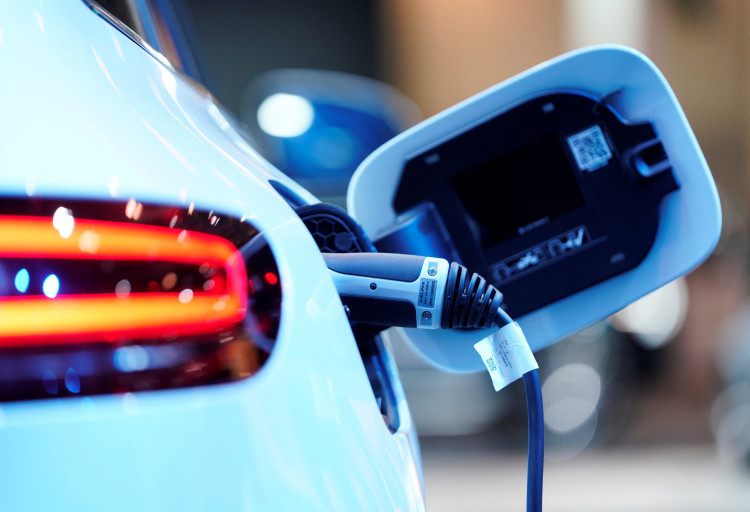A lot of people have already opting to go with electronic cars. This new category of automobile enables consumers to charge their cars instead of the typical usage of gas. Thus, it is said to be environmentally friendly. However, switching to EVs is not that easy as some have questions especially on the charging part.
The charging of electric cars is way different than fueling a car with gasoline. For some, they said that it is more convenient to charge electric cars. One example is that when people get home it will just take them a short time to plug their cars. People can just leave it overnight and use their EV's in the morning. However, some are still in doubt when it comes to the sustainability of battery power.
Thus, 95% of electric car users are charging their vehicles at home. There are a couple of ways provided in charging the vehicles at home. One is just simply plugging it unto the standard electrical outlet. Majority of the electronic vehicles have an "onboard charger." It is built in the car itself. The consumer will just have to use a charging cord and connect the car to an electricity source.
But, charging your car just by simply plugging into the wall will not charge your vehicle very fast. It will add just around 4 miles of driving range in an hour of charging time. Hence, manufacturers offer options that enable the consumer to charge faster. People can purchase a home charging station. This charger is known as the Electric Vehicle Service Equipment or the EVSE. In line, not all electric cars are manufactured the same. Also, not all onboard electric car chargers are created equal no matter what EVSE consumers buy, according to EVObseesion.
As follows, there is a strong possibility that the electric car will run out of batteries while using it. Thus, charging stations are readily available. Different networks are ready especially in USA and Canada. These charging stations are split into two categories. One is the smart charging station also known as connected stations or networked charging stations. The other one is the non-networked charging stations, according to ChargeHub.
As for the smart charging station, it requires a membership card for the consumer to avail the services. On the other hand, the non-networked charging station does not require any membership. Thus, here are some of the common networks in North America: Sun Country Highway, Blink, ChargePoint, cVgo, Azra, AeroVironment, Circuit électrique, SemaConnect, and RéseauVer.






